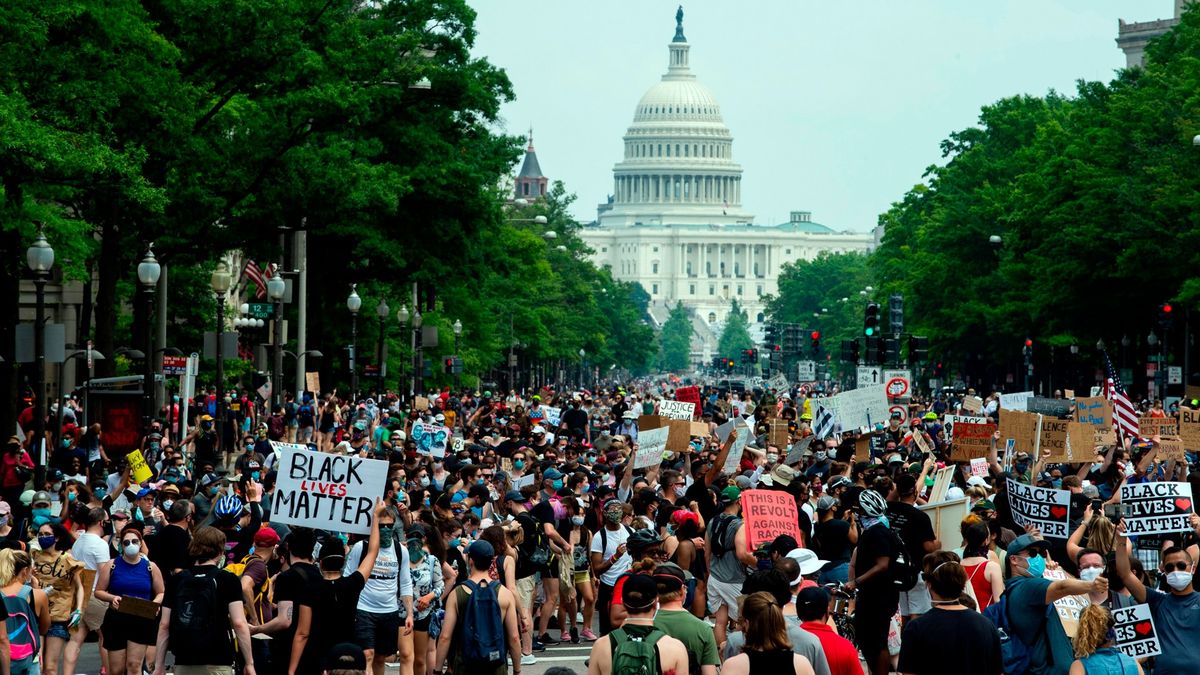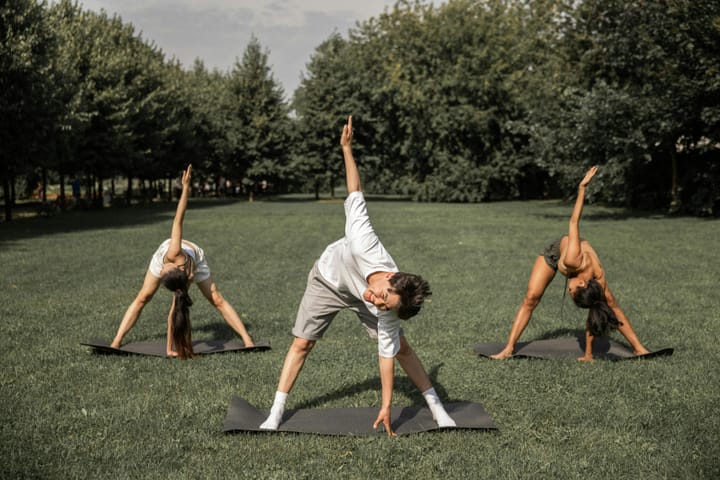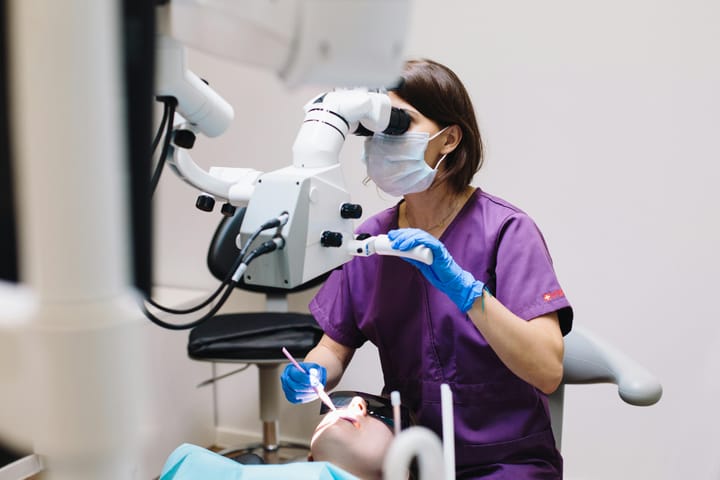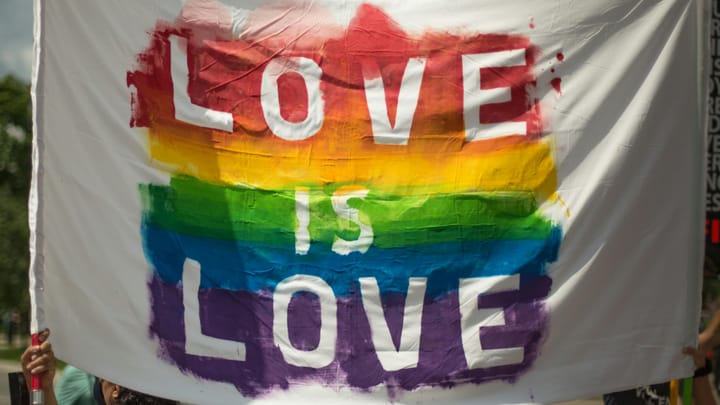Is the right to protest outweighed by the responsibility to not spread COVID-19? The debate intensifies

A few minutes every morning is all you need.
Stay up to date on the world's Headlines and Human Stories. It's fun, it's factual, it's fluff-free.
Despite a dramatic increase in the number of coronavirus cases globally – led by a number of new hotspots in Latin America, the Middle East and Africa – coronavirus cases in the United States have been leveling off.
In the US, deaths attributed to the virus have been on the decline since early May, although hundreds of people are still dying each day. As of June 7, at least 112,000 Americans have died from the virus.
With restrictions easing and the summer months ahead, public health officials were already expecting a rise in cases, but in the wake of the mass protests sparked by the death of George Floyd, some are worried that the virus could spread faster.
For those protesting against racial injustice and police brutality, precautions over COVID-19 are a secondary concern to speaking out. But because of the potential for a rise in cases, are any kind of gatherings justified during a pandemic?
Medical risks
According to Nicholas Christakis, a physician and sociologist who teaches at Yale University, there will likely be a bump in cases within a month or so from the start of the protests. Pointing to research on the impact of coronavirus transmission from a mass gathering in Germany, Christakis warned of the dangers that may lie ahead.
“Protestors themselves may be at relatively lower risk of dying [from] COVID per se…” he wrote in a series of tweets, but “more deaths than otherwise will result [from the protests]. Hard to say how large a bump, and how much it will be due just to these (understandable!) protests, but I think we will see a new wavelet in ~4 weeks (ie, after ~2 transmission links, given youthful age of protesters themselves).”
“I want to go on record with [an] obvious point: large gatherings of people facilitate [the] spread of contagious disease. The *reason* for the gathering (whether street protests for a cause I support, or GOP convention, or a sporting event) is not material to the spread of the virus,” he added.
From an epidemiological standpoint, there seems to be broad consensus that the protests are likely to facilitate further viral transmission.
“There’s no doubt in my mind that these can become breeding grounds for this virus,” remarked Michael Mina, an assistant professor of epidemiology at Harvard.
Social justice over social distance
For many protestors, the risks of spreading COVID-19 are largely outweighed by their desire to make their voices heard and enact change on an important issue.
According to Meredith Blake, a protestor from Boston who had spent the previous 12 weeks quarantined in her home due to the threat of the virus, the need to show support for the protest took precedence over maintaining strict social distancing.
“I was definitely a little nervous” [about getting the virus], but “I have a vested interest in the protection of black and brown people, not only professionally, but personally,” she said.
Despite the concerns over transmission, some medical professionals are supporting the protests.
“We should always evaluate the risks and benefits of efforts to control the virus,” wrote Jennifer Nuzzo, an epidemiologist at Johns Hopkins. “In this moment the public health risks of not protesting to demand an end to systemic racism greatly exceed the harms of the virus.”
Others, meanwhile, have tried to protest while socially distancing, though this doesn’t seem to be the norm.
Double standard?
Some observers view any changes in reactions to public gatherings with skepticism, especially regarding arguments in support of the protests that they believe are based on political ideology.
J.D. Vance, the author of the 2016 book “Hillbilly Elegy,” which detailed the lives and struggles of America’s rural working class, argued that the perceived change in advice from some health experts exemplify why a segment of the population is skeptical of the country’s intelligentsia, who they view as a part of a so-called “liberal elite.”
“I’m still amazed at how quickly the moral scolding ceased as soon as elite-favored protests began taking place. (I guess I shouldn’t be amazed anymore. I should just expect it.) But it has further eroded trust in our country’s experts,” he tweeted.
But many agree with protesters’ basic argument – that protesting against police violence is more important than the protests that took place in April over ongoing coronavirus restrictions.
For Eleanor Murray, an epidemiologist from Boston University, there hasn’t been a change in public advice, but the context behind the gatherings should be taken into account.
“It’s always been ‘stay home as much as possible, except for essential activities.’ But the definition of essential is not a scientific one — it’s a sociological one. … Protesting police violence is an essential activity for a lot of people,” she said.
According to Christakis, however, there should be consistency from a medical standpoint regardless of the social situation. “As I said, the inconsistency here is unsound from an infectious disease epidemiology point of view, and very damaging to [the] field of public health, in my opinion. It’s important to maintain credibility as scientists and as a field,” he tweeted.
Have a tip or story? Get in touch with our reporters at tips@themilsource.com




Comments ()